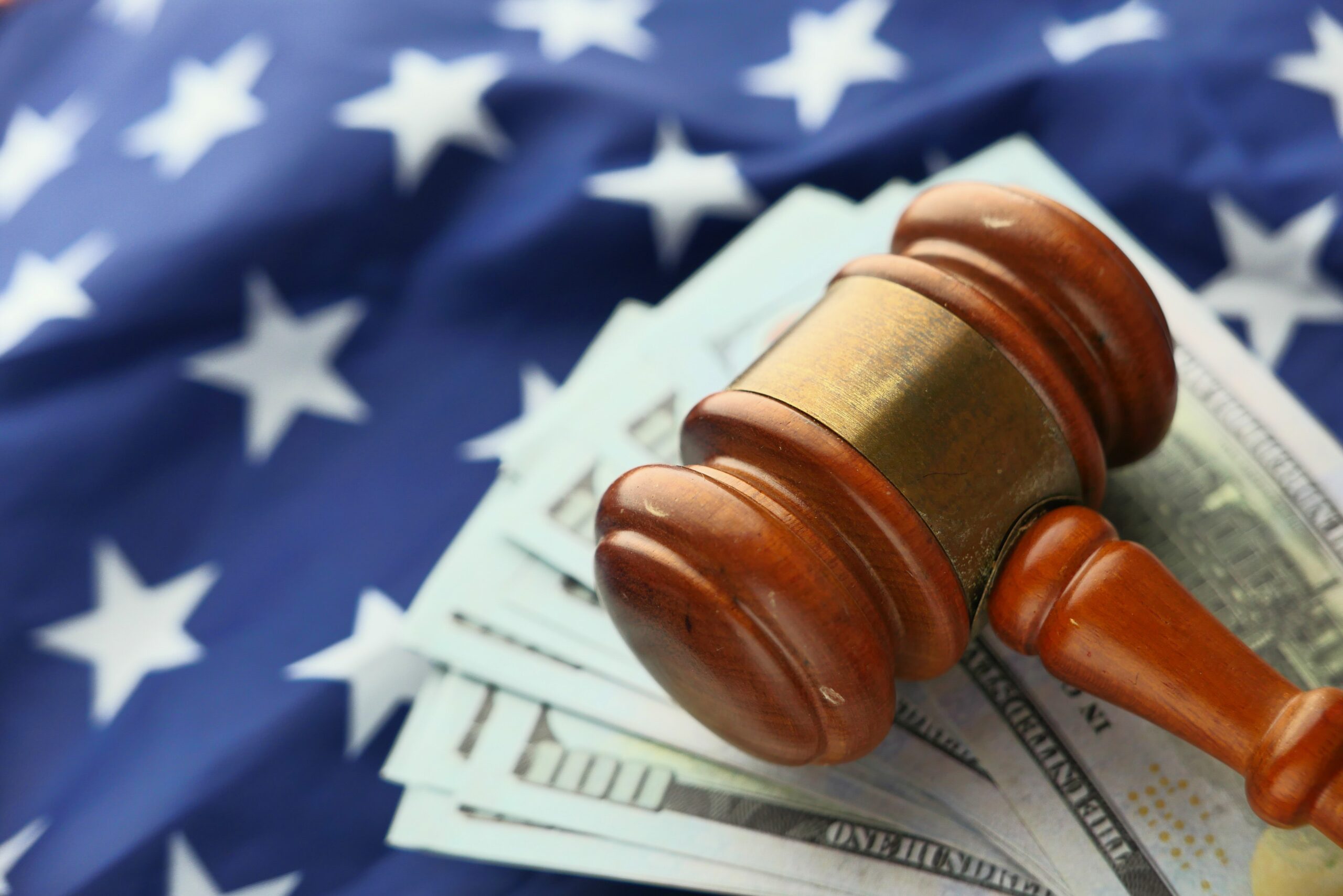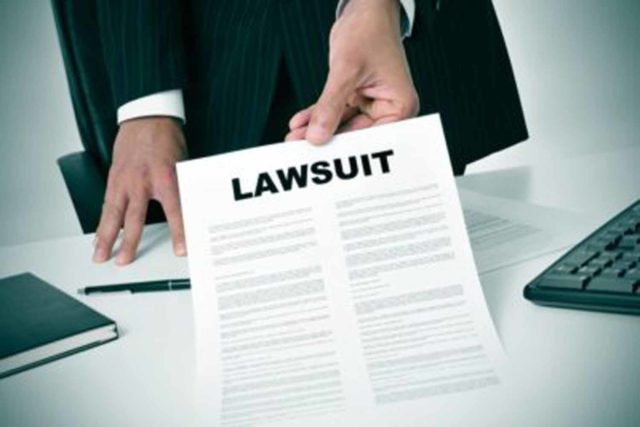Proceedings Supplementary
What are proceedings supplementary?
Post-judgment proceedings supplementary refer to any legal actions taken after the court enters final judgment. These proceedings are designed to enforce or modify the original judgment and can include measures such as writs of execution and garnishment. These proceedings are supplementary, meaning they supplement the original judgment and do not replace it. The purpose of post-judgment proceedings is to ensure the enforcement of the judgment and that the winning party receives the relief to which they are entitled.
For example, suppose a business owes an enormous debt to a creditor and has refused to pay despite repeated attempts to collect. In this case, the creditor may seek a judgment in court. If the court issues a judgment in favor of the creditor, but the business still refuses to pay, the creditor may need to initiate post-judgment proceedings supplementary to enforce the judgment and collect the debt.
In this scenario, the creditor may seek to garnish the business’s wages, levy its bank accounts or seize its assets to satisfy the debt. The creditor may also need to conduct discovery of the business’s assets to determine whether it has any seizable assets to satisfy the debt. The outcome of these proceedings may decide if the creditor may recover the debt or must suffer a severe financial loss.
Need help with proceedings supplementary? Schedule your consultation today with a top accounts receivable and judgment collections attorney.
What legal issues typically arise related to proceedings supplementary?
In Florida, parties to proceedings supplementary most often dispute the following:
- Exempt assets: Certain assets of the judgment debtor may be exempt from seizure or garnishment, such as a portion of their wages or particular personal property.
- Notice requirements: The creditor must notify the judgment debtor of the post-judgment proceedings, including the relief sought and the hearing date.
- Collection limits: There may be limits on the amount that can be collected through wage garnishment or seizure of assets, and the judgment creditor must comply with these limits.
- Modification of judgment: If the judgment creditor seeks to modify the original judgment, they must demonstrate a change in circumstances that justifies the modification.
What are relevant laws related to proceedings supplementary in Florida?
Florida law and the Florida Rules of Civil Procedure govern the procedures for proceedings supplementary, including the following:
- Florida Statutes Chapter 55: This chapter sets forth the rules for enforcing judgments, including the relevant statute of limitations and the relief available to parties.
- Florida Statutes Section 56.29: This statute authorizes ‘proceedings supplementary’ against a judgment debtor, including subpoenas to obtain asset information, and also sets out the procedures for conducting post-judgment investigations.
- Florida Statutes Section 56.30: This statute clarifies the framework for post-judgment discovery.
- Florida Statutes Chapter 77: This chapter sets the rules for garnishments, including the maximum amount the creditor may garnish from a judgment debtor’s wages.
- Florida Rule of Civil Procedure 1.560: Attorneys must abide by Rule 1.560, which covers discovery in aid of judgment execution.
What is required to initiate proceedings supplementary in Florida?
To initiate proceedings supplementary, a judgment creditor must abide by many procedural requirements, including the following:
- Filing a motion: The judgment creditor must file a Motion for Proceedings Supplementary with the court that entered the original judgment, outlining the relief sought and the reasons for seeking the relief. Crucially, the Motion must comply with the Florida Rules of Civil Procedure.
- Serving notice: Proper notice of the motion must be served on the judgment debtor, either by personal service or by mail, to ensure that they are aware of the proceedings and have an opportunity to respond.
- Hearing: A hearing will be held before the court to consider the motion, and the judgment debtor will have an opportunity to be heard and to present any arguments or evidence opposing the motion.
- Order: Based on the evidence presented at the hearing, the court may issue an order granting or denying the relief sought in the motion. If the ruling is favorable to the judgment creditor, it will be enforceable as a judgment.
- Execution: If the order grants the relief sought by the judgment creditor, they may proceed with enforcement by executing a writ of execution, garnishing the judgment debtor’s wages, or seizing and selling their property, as appropriate.
When a set of facts is appropriate to meet the requirements of proceedings supplementary, there are many paths a claimant may take. We are value-based attorneys at Jimerson Birr, which means we look at each action with our clients from the point of view of costs and benefits while reducing liability. Then, based on our client’s objectives, we chart a path forward to seek appropriate remedies.
To see what actions may be available for your unique situation, please contact our office to set up your initial consultation.
What are common defenses to proceedings supplementary in Florida?
The primary defenses by debtors to proceedings supplementary in Florida include:
- Exemptions: Judgment debtors may claim exemptions for certain types of property or income, such as wages, pensions, or personal property, that cannot be seized or garnished to satisfy a debt.
- Statute of limitations: Judgment debtors could contend that the post-judgment proceeding is time-barred.
- Lack of jurisdiction: If the judgment debtor has moved to a different state, they may argue that the court that entered the original judgment no longer has jurisdiction over the case and must dismiss the post-judgment proceeding.
- Modification of judgment: If the creditor has requested modification, the debtor will likely argue that there has been no change in circumstances that would justify the modification of the original judgment.
- Collection limits: Judgment debtors may argue that the judgment creditor seeks to collect more than the allowable amount under the law.
To see what defenses may be available for your unique situation, please contact our office to set up your initial consultation.
Have more questions about a proceedings supplementary-related situation?
Crucially, this overview of proceedings supplementary does not begin to cover all the laws implicated by this issue or the factors that may compel the application of such laws. Every case is unique, and the laws can produce different outcomes depending on the individual circumstances.
Jimerson Birr attorneys guide our clients to help make informed decisions while ensuring their rights are respected and protected. Our lawyers are highly trained and experienced in the nuances of the law, so they can accurately interpret statutes and case law and holistically prepare individuals or companies for their legal endeavors. Through this intense personal investment and advocacy, our lawyers will help resolve the issue’s complicated legal problems efficiently and effectively.
Having a Jimerson Birr attorney on your side means securing a team of seasoned, multi-dimensional, cross-functional legal professionals. Whether it is a transaction, an operational issue, a regulatory challenge, or a contested legal predicament that may require court intervention, we remain a tireless advocate every step of the way. Being a value-added law firm means putting the client at the forefront of everything we do. We use our experience to help our clients navigate even the most complex problems and come out the other side triumphant.
If you want to understand your case, the merits of your claim or defense, potential monetary awards, or the amount of exposure you face, you should speak with a qualified Jimerson Birr lawyer. Our experienced team of attorneys is here to help. Call Jimerson Birr at (904) 389-0050 or use the contact form to set up a consultation.


We live by our 7 Superior Service Commitments
- Conferring Client-Defined Value
- Efficient and Cost-Effective
- Accessibility
- Delivering an Experience While Delivering Results
- Meaningful and Enduring Partnership
- Exceptional Communication Based Upon Listening
- Accountability to Goals











